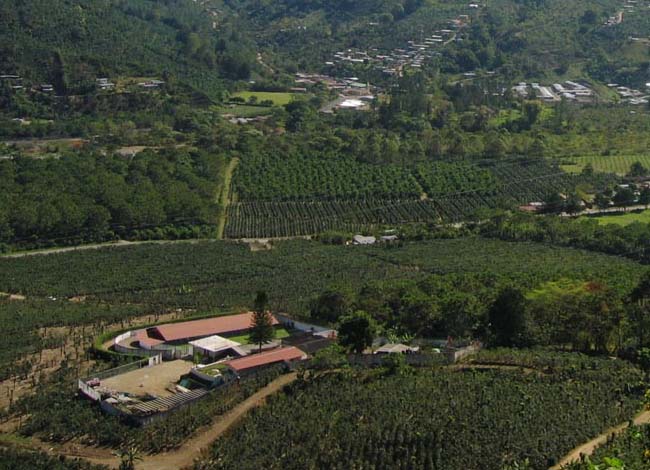
Costa Rica RPCV Bruce Watson reviews "All You Need Is Love: The Peace Corps and the Spirit of the 1960s"
ll You Need Is Love: The Peace Corps and the Spirit of the 1960s
Elizabeth Cobbs Hoffman
Harvard University Press
Click Here to Buy This Book.
In August 1961, two weeks after the Berlin Wall was built, a Pan Am propjet taxied onto the airport tarmac in the capital of Ghana. Stepping from the plane, 51 young Americans, dressed in summer suits and light cotton dresses, formed a circle and sang the Ghanaian national anthem. Into a world cleaved by the Cold War, the Peace Corps was born.
Thirty-eight years later, more than 6,500 Peace Corps volunteers are at work. The Cold War is history; the Peace Corps is not, except in more than 50 books. Volunteers publish memoirs. "Official histories" tout success, while political tracts question the agency's altruism. But now Elizabeth Cobbs Hoffman, professor of American Foreign Relations at San Diego State University, has written a thoughtful history setting the Peace Corps in its place and time.
Like many a Peace Corps volunteer, Hoffman takes a while to feel comfortable with her task. Reading her opening chapters about the agency's creation reminded me of slogging through ankle-deep mud during my own Peace Corps service (Costa Rica—1985-87). Yet once she follows volunteers into the field, her story grows in the telling. The Peace Corps has had a quixotic journey. Its initial promise quickly got a cold shower of real life in the developing world. During the Vietnam War, as young people questioned their government's foreign policy, the Peace Corps's applications plummeted and its rolls were cut in half. The agency drifted through the 1970s, seeming the rusted relic of a lost decade. Then, just as the Reagan Administration was about to axe the Peace Corps, gung-ho director Loret Miller Ruppe saved it and at the same time restored volunteers' self-respect. Citing both critics and supporters through the years, Hoffman details many bureaucratic boondoggles yet eulogizes volunteers.
In "The Hero's Adventure," she tells the story of Larry Radley. This single chapter is the truest, most moving thing I have ever read about Peace Corps service. Recruited in 1961, Radley left Chicago filled with "heroic images drawn from American popular culture." We follow him through an arduous training. We read his letters home from a cliffside village in Colombia — "Killed a little cobra [sic] last night!" We feel his isolation — "Sometimes I just hide in my room so I don't have to go out in the street and say hello to everyone." We rise with his hopes, and fall with his plane into a mountainside where Radley and a fellow volunteer were the first, in 1962, to die in service.
Hoffman recognizes that the Peace Corps is the sum of its parts. It's an energetic teacher in a Senegalese classroom. It's also the idle carpenters I knew who quipped that the Peace Corps is "the toughest job you'll never have." Hoffman delves into memos, memoirs, even in-country newsletters, and comes up with nagging questions. Have 147,655 volunteers made a difference to anyone but themselves? Isn't an American English teacher in Bolivia the height of paternalism? If Hoffman offers no conclusions, it's because there are none.
Through all its sweat and struggle, the Peace Corps remains more spirit than substance, and Hoffman captures that spirit beautifully.
Bruce Watson writes from Massachusetts.
